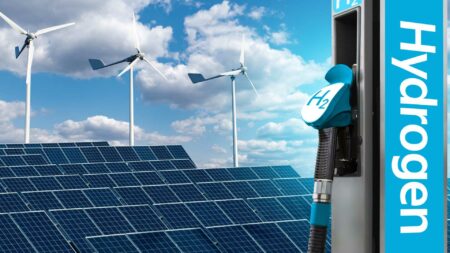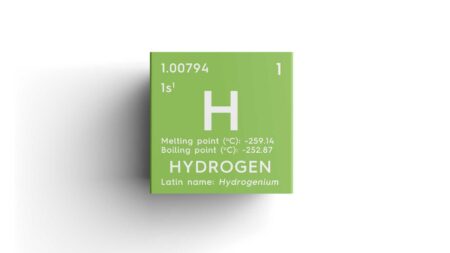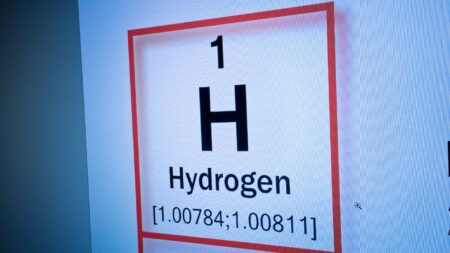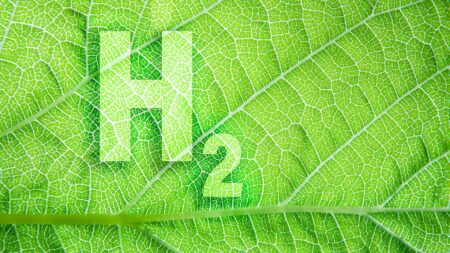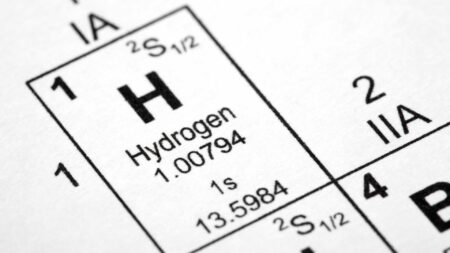Renewable energy is picking up speed globally, and according to the latest report from the International Energy Agency (IEA), it’s set to power almost half of the world’s electricity needs by 2030.
Browsing: IEA
The International Energy Agency (IEA) released its annual report on the hydrogen business on October 2, 2024. The findings may have left those hopeful for hydrogen’s rise in the energy sector feeling let down.
Hydrogen production is witnessing significant growth, moving past previous criticisms regarding its carbon emissions. A new innovative project has addressed these concerns, promising zero emissions.
Germany has set an ambitious target to install around 20 gigawatts (GW) of electrolysis power by 2030, aiming to lead in the global hydrogen economy. However, a recent analysis by BBH Consulting Group, drawing on data from the International Energy Agency, reveals a significant gap between goals and current progress.
The International Energy Agency (IEA) recently released a report shedding light on the promising yet uncertain landscape of global green hydrogen electrolyser manufacturing.
Northwest Europe emerges as a frontrunner in low-emissions hydrogen development, spearheading targets and regulatory advancements.
In a speech at the headquarters of the International Energy Agency (IEA) in Paris, Pinakin Chaubal, head of technology at ArcelorMittal, highlighted the challenges and costs associated with decarbonizing the steel industry.
The International Energy Agency (IEA) has released its 2023 annual renewables report, painting a less optimistic picture for green hydrogen than previous forecasts.
In a recent report, the International Energy Agency (IEA) sheds light on the growing prominence of hydrogen in the global energy matrix. Global hydrogen consumption soared to 95 million tonnes in 2022, marking a 3% annual increase. However, despite this surge, the share of green hydrogen, the low-emission variant, remains a modest 0.6% of the total supply.
The International Energy Agency (IEA) outlines an ambitious vision, estimating that global hydrogen consumption must surge to 150 million tonnes by 2030, a substantial increase from the current 95 million tonnes in 2022.

